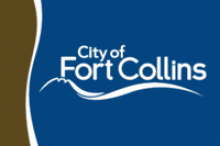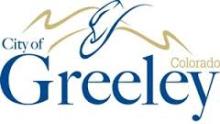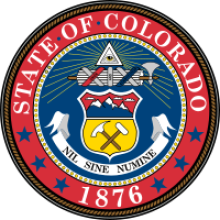Local Voices Support Muni Telecom Utility In Fort Collins
With election season fast approaching, Fort Collins is buzzing with the possibility of municipal broadband entering the quaint Colorado town. In addition to talk among neighbors, advocates supporting the measure are expressing themselves with letters to the local media.
If ballot measure 2B is voted through, it would allow the city charter to be amended to include high-speed Internet as a municipal utility. It’s been two years since Fort Collins and other Colorado communities opted out of SB 152. And this November they’ll vote on whether municipal broadband should be an option for their community.
Talk of Muni Broadband Bubbles Up
Recent op-eds have raised the ballot issue and unflinchingly come down in support for municipal broadband. Zach Shelton, a Fort Collins dentist explained in his piece that
In order to continue to grow and facilitate healthy families and communities, we must have access to reliable and fast Internet that can connect our medical record system and servers between offices. Broadband is the glue that connects all of us in the medical field and has increasingly become an equally important tool in our doctor bag.
David Austin-Groen admits his initial apathy to the municipal broadband debate, but concedes, finding foresight, and gets right to the heart of the problem:
We simply cannot rely on the private sector to provide this service, if they ever do, and we certainly can’t live on hope that they will act in the community's best interest.
Community members and organizations have begun a lively debate over the issue. The Citizens Broadband Coalition is actively advocating for a yes vote on the ballot measure. Colorado State University recently hosted a presentation and panel discussion that shed light on both sides of the debate.










 Colorado is the only state in the country that has a ballot measure requirement for locally run networks; 22 other states have different laws that restrict local broadband efforts. With so many cities overwhelmingly voting in favor of local government-run broadband, Mitchell says that Colorado’s law hasn’t quite had the effect CenturyLink would have liked.
Colorado is the only state in the country that has a ballot measure requirement for locally run networks; 22 other states have different laws that restrict local broadband efforts. With so many cities overwhelmingly voting in favor of local government-run broadband, Mitchell says that Colorado’s law hasn’t quite had the effect CenturyLink would have liked.